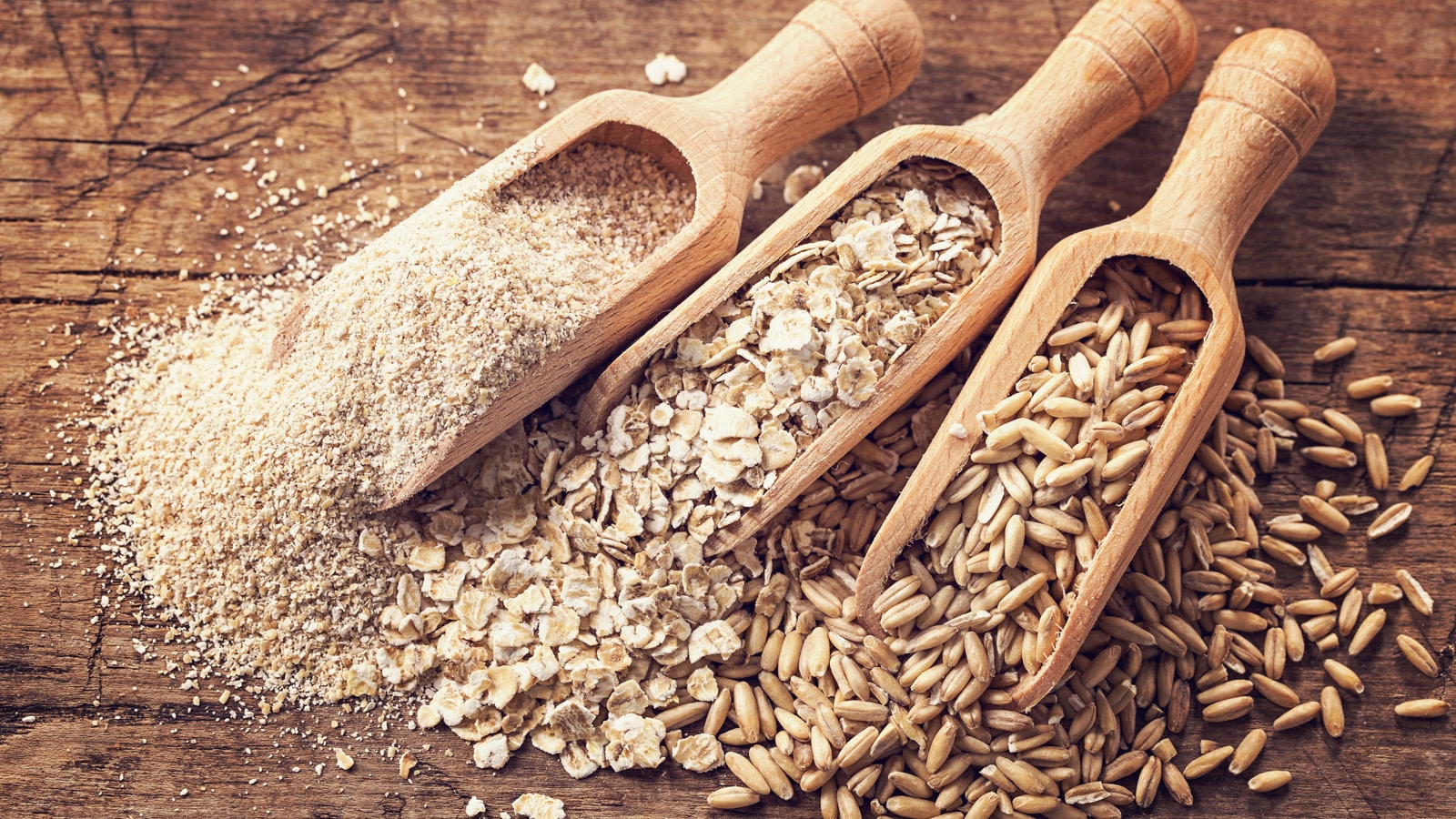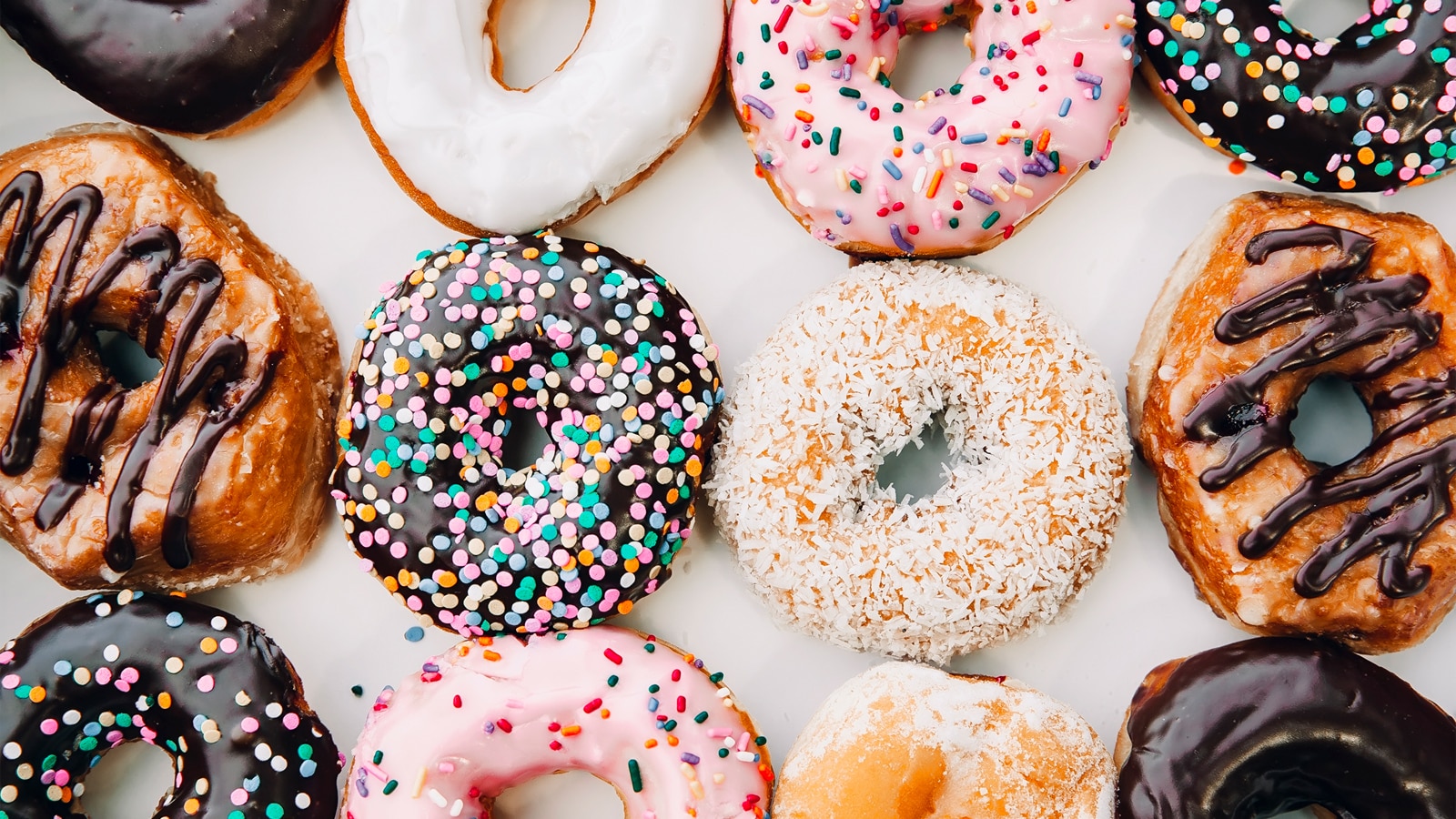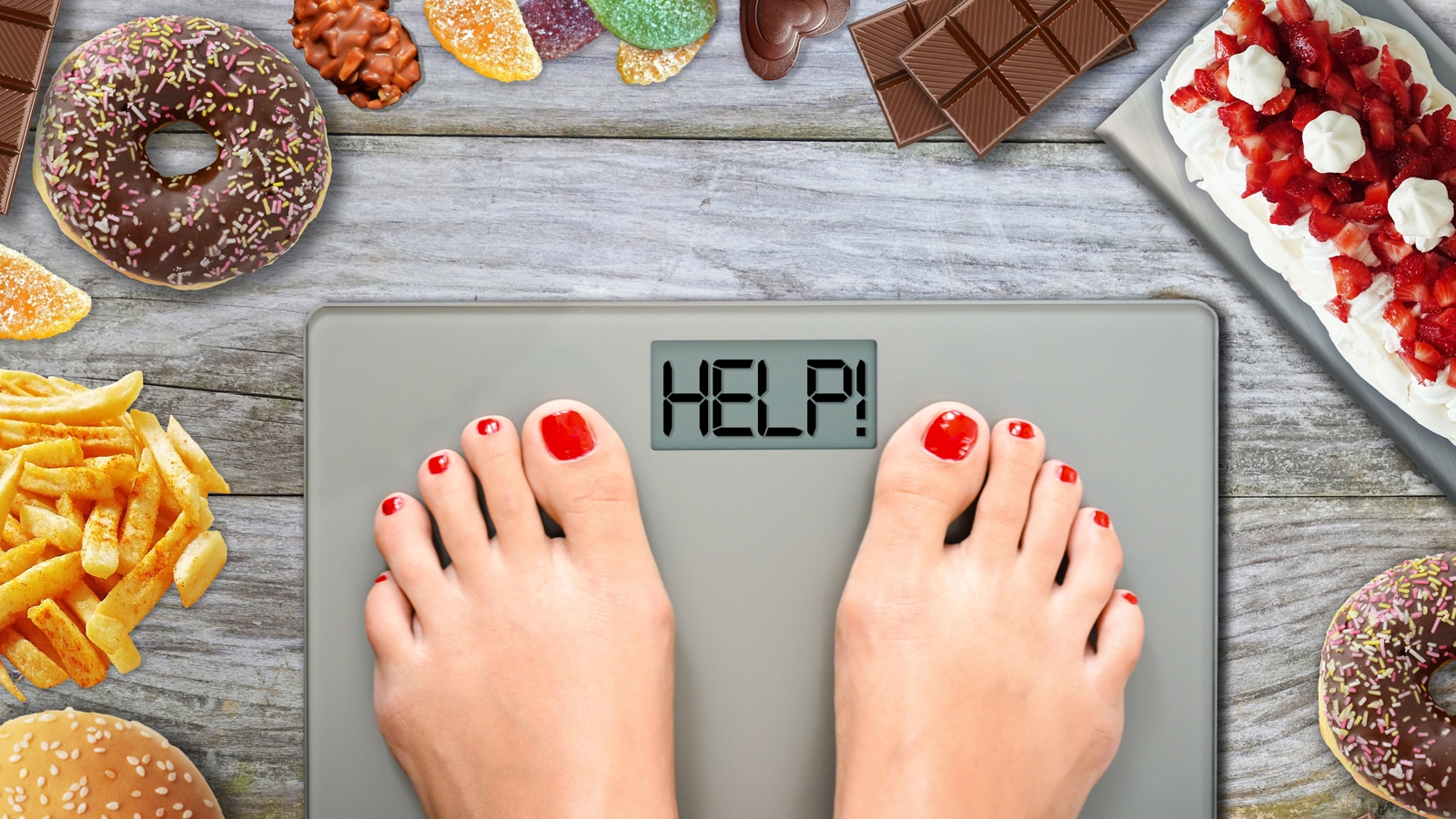12 Real Steps To Effectively Lose Weight (No Fake Promises)
Some people spend their whole lives battling weight issues. Trying to lose weight can be tough and frustrating. It can feel like you’re taking one step forward and two steps back. Your quick weight loss results are short-lived; a year later, you’re back searching for losing weight ideas.
I know how it feels. Of course I do – I’m a woman. So many of us are never happy with our weight and the US weight loss market of $90 billion feeds on our misery.
This post won’t give you any fake promises, just real steps you can take to lose weight effectively. Weight loss tips you can return to whenever you’re losing your resolve or letting your weight get in your way of enjoying life.

1. Set A Realistic Target
There is a difference between a healthy weight and the stick-thin models you see in the press and social media. The first is achievable. The second, chasing unrealistic weight loss often ends in misery and eating disorders. Don’t go there.
Check out your BMI and aim for a normal weight but do be aware of its limitations. For example, it can give misleading results if you’re an athlete with big muscles.
Perfectly normal weight embraces a whole range of body shapes and sizes. You can be healthy and still be curvaceous. If that’s your body type – learn to love those curves. Body fat levels of 20 to 24% for women and 14-17% for men are realistic targets.

2. Ditch The Diets
Yes, you want to lose weight but jumping on the bandwagon of the latest fad diet isn’t the solution. Restrictive diets will only lead to short-term weight loss. You can quickly drop a dress size for a wedding or get bikini-ready for your summer holiday but as soon as the diet finishes be prepared for the rebound.
The yoyo diet culture of quickly losing weight and piling the weight back on again with a few extra pounds for good measure has become a depressingly normal part of life for many. Diets screw up your body’s relationship with food and mess with your metabolism. It’s not the way to lose weight and keep it off.
3. Identify Your Triggers
If you’re one of the many people who use food as an emotional crutch, you’re not going to make progress unless you identify why. What triggers your eating? Is it meetings with your boss, visiting your parents, or watching certain TV shows… keep a food diary for 2 weeks and get to grips with what, when, and why you eat.
When you know your triggers you can take steps to avoid them or find ways of minimizing the impact. Solutions could be having some healthy snacks to hand or taking a short walk outside to clear your head of negative emotions.
4. Beware Of Weekend Binging
Weekends can sometimes feel like a free-for-all, can’t they? When you’ve kept to your healthy eating plan during the week, it’s easy to slip into the mindset that weekends are a time to treat yourself.
If eating a small slice of cake stops your cravings it won’t do any harm, but watch out for weekend binging. Reward yourself with non-food treats that won’t impact your waistline.
5. Avoid Drinking Calories
Milky coffees, fruit juices, and fizzy drinks are all full of calories that quickly add up when you have several drinks a day. Opt for water instead: it’s better at quenching your thirst and you can always add a slice of lemon or lime if you want a little flavor.
6. Skipping Meals
This is my worst habit. I get distracted during the day and end up missing lunch. It’s bad news for my metabolism and I can end up hungry and overeating in the evening.
It’s far better to eat regularly. Don’t skip any meals, especially not breakfast. Try these healthy breakfast ideas to get your day off to a good start!
7. Cut Out Alcohol
Alcohol is full of calories, can increase your appetite, and lowers your resolve. After a few glasses, those aims of losing weight will seem less important.
Try cutting out alcohol for a few weeks and see how it affects your body. Most people love the difference!
8. Clear Out Your Cupboards
When you’re hungry, it’s hard to reach for a healthy snack if your store cupboard is full of tempting goodies. Clear out the biscuits, and snack on fruit and healthy snacks instead.
9. Start Meal Planning
Meal planning is a game changer for a healthy eating plan. When you’re busy during the week, coming home to a healthy meal you can quickly heat up will make a huge difference.
There’s no temptation to resort to high-calorie takeaways or ready meals full of saturated fats. Try these meal prep ideas to help you get started.
10. Don’t Overdo The Cardio
I’m an ultra runner but I’m the first to confess that excessive cardio can make it hard to control your weight. It’s the classic complaint of first-time marathon runners. They start running to lose weight but end up gaining a few pounds during their marathon training.
It’s hard to control your food intake when you’re very hungry and your body tends to hang onto body fat stores when you’re running excess mileage (just in case it needs them). Your body will also gain muscle weight.
Focusing on short fast runs such as training to run a mile faster or HIIT training can be much better for weight loss.
11. Get Enough Sleep
Skipping on sleep can interfere with your weight loss plans. When you’re tired, you’re more likely to make poor food choices and a lack of sleep can slow your metabolism.
Most adults need 7 to 8 hours of sleep at night so start setting a reminder to go to bed!
12. Make Small Sustainable Changes
Diets fail because you’re forcing yourself to make big unsustainable changes to your eating habits. Instead, it’s best to build good habits slowly.
Make one small change and keep to it until it becomes a good habit. It could be eating an apple instead of a chocolate biscuit for a mid-morning snack.
When you’ve made one sustainable change to your eating habits, try another. Keep on stacking good habits on top of each other until eating a healthy diet becomes second nature.








